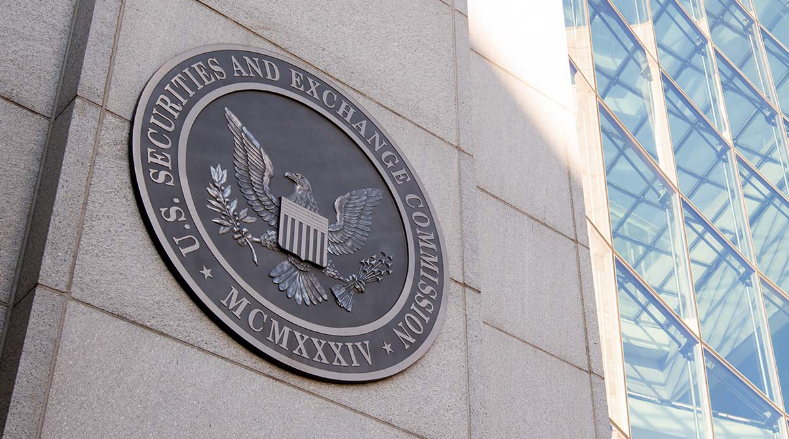Cayman Islands: From ‘Illicit Haven’ to Global Financial StandardBearer
Once stigmatized as a shadowy tax haven synonymous with illicit money shelters, the Cayman Islands has transformed into a jurisdiction recognized for regulatory strength and financial integrity. Senior-level U.S. banking executives now regard Cayman not as a refuge for dubious wealth, but as a jurisdiction increasingly aligned with onshore regulatory norms.
Shedding the FATF Grey-List Stigma
The global anti-money laundering body known as the Financial Action Task Force (FATF) removed the Cayman Islands from its “gray list” of jurisdictions under increased monitoring. The FATF action, taken on October 27, 2023, came in response to Cayman’s successful implementation of reforms addressing deep-seated deficiencies in anti-money laundering (AML) and combating the financing of terrorism (CFT) efforts.
Following its removal from the FATF gray list, Cayman has been recognized as having “…more robust controls to prevent money laundering, terrorist financing, proliferation financing, and breaches of financial sanctions than most other countries.”
UK & EU Recognition
Following the FATF delisting, the UK officially removed Cayman from its high-risk AML list on December 5, 2023. Thereafter, the EU followed suit.
These delistings greatly ease compliance burdens and enhance confidence for U.S. banks and institutional investors.
Beneficial Ownership Transparency Act
In late 2023, the Cayman Islands introduced a new Beneficial Ownership Transparency Act. The legislation mandated that legal entities record their ultimate beneficial owners, with registers accessible only to those with legitimate interests. This arrangement balances transparency with privacy, aligning Cayman with global norms.
AML/CFT & Regulatory Enhancements
Cayman overhauled key AML/CFT-related legislation in 2024, revising its:
- Proceeds of Crime Law
- AntiCorruption Act
- Money Services Act
The legal tightening was also extended to Know Your Customer and Customer Due Diligence obligations. Compliance was entrusted to the oversight of an empowered Financial Intelligence Unit adhering to more stringent standards.
Elevated Governance Standards for Funds
In 2025, government reforms standardized governance in private equity and hedge funds, introducing requirements for independent directors, audit committees, and conflict-of-interest policies. This reinforced approach harmonized Cayman’s fiduciary practices with those of the U.S., the U.K., and the E.U.
Post-delisting, Cayman secured a seat at FATF peer-review forums in October 2024, signifying recognition from global governance bodies. The country’s elevated status strengthens its credibility as a transparent financial center.
Rebranding & Reputation Shift: The Ugland House Transformation
If the impact of the Cayman reforms could be crystallized into one case, it would be the transformation of Ugland House
Located in George Town, Ugland House is a five-story building housing the law firm Maples and Calder. At one time, it held the unfortunate reputation, cited by the BBC, as a location in which thousands of legal entities could be registered with minimal disclosure. The alleged subterfuge fueled the narrative of the Cayman Islands as a tax haven lacking robust oversight. So pervasive was this reputation that in 2009, President Barack Obama characterized Ugland House as “…the largest tax scam in the world.”
In the same BBC story, however, the GAO clarified that Maples and Calder was the sole occupant. Further, it reported that approximately 95 percent of Ugland House entities were not U.S.-owned and that most served legitimate roles in structured finance and investment markets.
Rather than enabling illicit activity, Ugland House came to exemplify Cayman’s role as a neutral, business-friendly jurisdiction—one that U.S. agencies such as the Export-Import Bank (Ex-Im Bank) and the Overseas Private Investment Corporation (OPIC) use routinely for international transactions.
Today, Ugland House stands at the epicenter of Cayman’s reform narrative—not because secrecy remains, but because the entities it houses are now under robust regulation.
Economic Rationale & Local Impact of Financial Services
The Cayman Islands derive over half their GDP from financial services. They collect substantial revenue from license fees, work permits, banking services, and import duties—while maintaining a zero-percent corporate income tax. Finance-related events also boost real economic activity, with directors and executives frequently visiting, boosting local hospitality and employment.
Fund Flows & Asset Management Dominance
Cayman remains the world’s second-largest domicile for private funds, commanding approximately one-third of global hedge fund assets under management as of 2024 and sponsoring tens of thousands of regulated investment vehicles (master-feeder funds and CLOs for example), noted by IFC Media. This activity demonstrates continued investor trust in an atmosphere of enhanced bank oversight.
Innovation in Tokenization & ESG Investing
JD Supra has noted that institutions like JPMorgan, Citi, UBS, HSBC, and BlackRock began launching tokenized Cayman-domiciled funds under new CIMA frameworks in 2024. Cayman also supports ESG and hybrid investment models, aligning with evolving investment paradigms.
What this means for U.S. bankers is:
- Streamlined Compliance: FATF, UK, and EU delistings reduce enhanced scrutiny, simplifying Cayman-based fund onboarding.
- Transparent Due Diligence: Beneficial ownership registers and AML/CFT reforms offer the necessary visibility for compliance teams.
- Governance Alignment: Independent directors and audit structures mirror those used in U.S. funds, easing investor alignment.
- Innovative Ecosystem: Support for tokenization and ESG funds positions Cayman as a leading venue for forward-looking products.
- Institutional Scale and Security: Sustained institutional fund growth indicates a stable and well-regulated alternative to purely domestic funds.
A Jurisdiction Redeemed
The Cayman Islands has successfully reinvented itself from a reputation of secrecy to a beacon of financial transparency and regulatory compliance. Through regulatory reform, international validation, and market innovation, it now stands as a jurisdiction of integrity and opportunity.
For senior U.S. bankers, this shift transcends reputation; it shapes strategic choices around risk, compliance, and portfolio diversification. Cayman is no longer merely a tax haven; it’s a fully compliant financial market aligned with global investment standards.



















